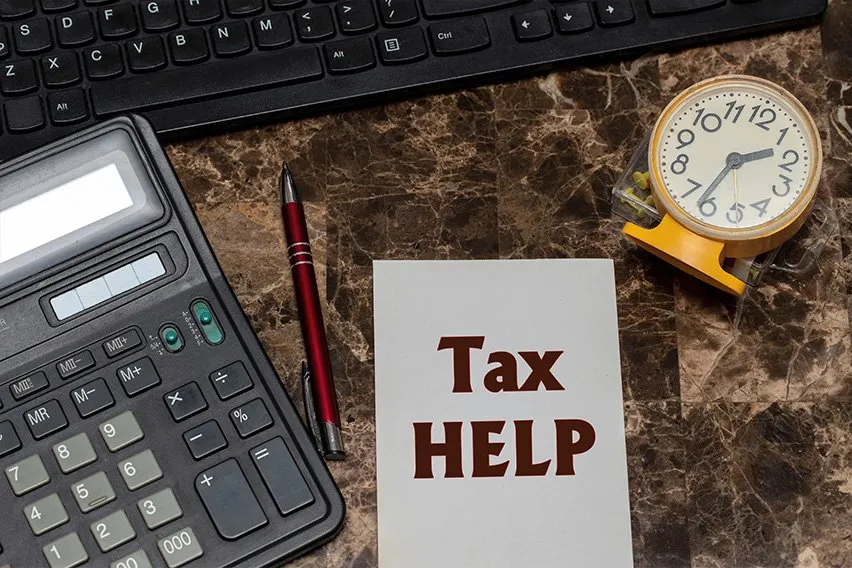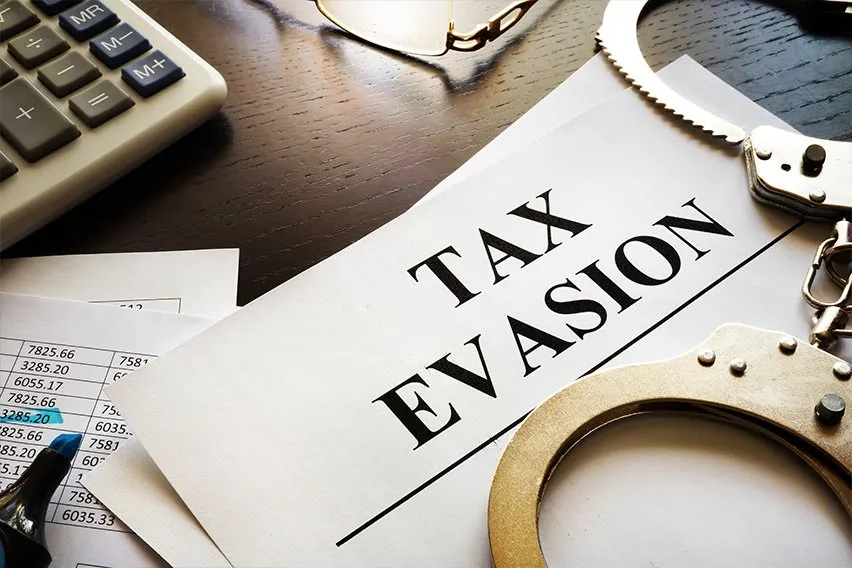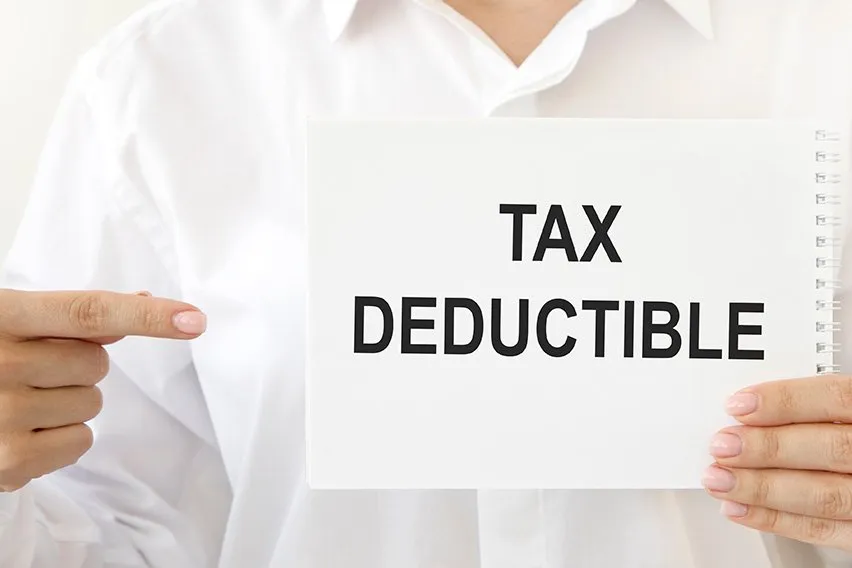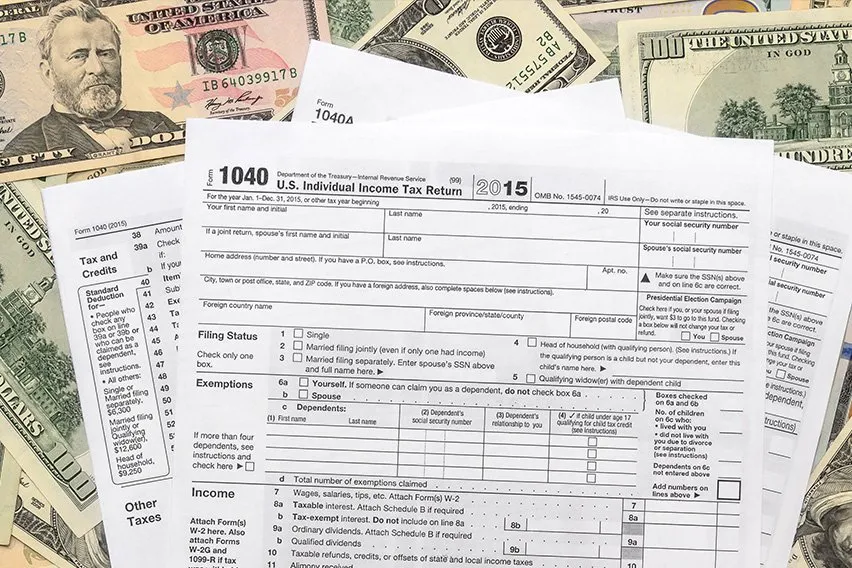How Much Cash Can You Deposit?

If your small business regularly receives payments in cash, you may be wondering how much cash you can deposit in your bank. Banks and the IRS set limits on maximum cash deposit amounts to protect security and prevent illegal activity. While individual bank limits vary, the IRS allows you to deposit up to $10,000 cash before you’re required to report the deposit.
Understanding cash deposit limits and reporting regulations helps you plan your deposit schedule. It’s also important to ensure you meet all reporting requirements to avoid fines or penalties from your bank or the IRS. We’ll explore limits on cash deposits, reasons for reporting large deposits, and requirements for businesses to help you effectively manage your cash deposit obligations.
Key Takeaways
- You can deposit up to $10,000 cash before reporting it to the IRS.
- Lump sum or incremental deposits of more than $10,000 must be reported.
- Banks must report cash deposits of more than $10,000.
- Banks may also choose to report suspicious transactions like frequent large cash deposits.
- Large cash deposit reporting regulations exist to catch fraud and illegal activity.
- You may incur a fine or penalty if the bank reports your deposit before you do.
Table of Contents
- How Much Cash Can You Deposit Without Reporting?
- Cash Deposit Limit
- Why Are Banks Required to Report Cash Deposits of More Than $10,000?
- What Happens When Large Deposits Are Reported?
- Are Business Owners Required to Report Large Deposits?
- Filing Form 8300
- Simplify Financial Compliance with FreshBooks
- Frequently Asked Questions
How Much Cash Can You Deposit Without Reporting?
You can deposit up to $10,000 cash at a time without having to report the deposit. This applies to deposits of US coins and currency, as well as cash equivalents like money orders and cashier’s checks, or any combination of these. 1
If you deposit $10,000 or more in a single transaction, you must report it to the IRS. Additionally, you must report multiple deposits that total $10,000 or more if they occur within 24 hours, or if they add up to $10,000 or more within a 12-month period and are related to the same transaction.

How Much Cash Can You Deposit at Once
The maximum amount of cash that you can deposit at once without needing to report your deposit is $10,000. For any amount in excess of $10,000, you’ll need to report the deposit to the IRS. Individual banks may have different cash deposit amounts.
How Much Cash Can You Deposit in a Bank per Month
The limit for lump sum cash payments and deposits for related transactions is $10,000 within a 12-month period before reporting is required. There is no specific monthly limit. However, if the amount exceeds $10,000, you must report it to the IRS. Your individual bank can set its own limit on your monthly cash deposit amount. Note that frequent large cash deposits may be flagged by your bank as suspicious activity and may be reported to the IRS.
How Much Cash Can You Deposit In a Year
If you make deposits of more than $10,000, or if you make multiple deposits for the same business transaction that collectively total more than $10,000, you must report it to the IRS. Your bank may also have limits on annual cash deposit amounts.
Cash Deposit Limit
While the IRS requires reporting for cash deposits over $10,000, individual banks may also choose to set their own cash deposit limits. These may apply to deposits at ATMs or branch locations and may apply per transaction, per day, or per month. The following table outlines sample cash deposit limits of different banks:
| Banking Institution | Cash Deposit Limit and Deposit Method |
| Capital One 360 Checking Account | Lump-sum deposit maximum of $5,000 at ATMs |
| Chime | Three deposits per day up to a maximum of $1,000 per day, and a $10,000 per month limit when depositing at Walgreens |
| Alliant Credit Union | Up to $20,000* per day at an ATM |
| Navy Federal Credit Union | $10,000 per day at a CO-OP ATM |
*Note that while Alliant Credit Union’s cash deposit limit is greater than $10,000, you’re still required to report deposits of more than $10,000 to the IRS.
Maximum Cash Deposit
Account holders who want to make large cash deposits should review their bank’s maximum cash deposit limits. Limits may apply per card or for a given time period. Understanding these limits can help account holders set a deposit schedule that aligns with their bank’s maximum cash deposit.
Why Are Banks Required to Report Cash Deposits of More Than $10,000?
Financial institutions are required to report cash deposits of more than $10,000 in compliance with the Federal Bank Secrecy Act. These reporting standards are intended to alert the government to potential crime and fraud, including money laundering and other illegal activity.
Even if a cash payment is less than $10,000, a bank may still choose to report it if they consider it suspicious activity. For example, frequent cash deposits of $9,500 may be flagged and reported as potentially suspicious. If you need to make multiple large cash deposits into your bank accounts, reporting these deposits yourself can prevent the risk of bank reporting and related fines.
What You Should Know About This Reporting Rule
If you need to make a cash deposit of more than $10,000, whether as a lump sum payment or as multiple payments, it’s important to properly report the deposit to the IRS. You can also make the process smoother by contacting your banking institution in advance of the deposit.
The reporting rule applies to individuals as well as companies, corporations, partnerships, tax-exempt organizations, and other business structures. They must file the report using IRS Form 8300. Failure to do so may result in a fine ranging from $25,000 to $100,000.
Some exceptions to the rule apply. For example, tax-exempt organizations are not required to report cash deposits for charitable contributions in excess of $10,000; however, they must still report non-charitable cash payments.
What Happens When Large Deposits Are Reported?
When a bank reports a large cash deposit, they file a Currency Transaction Report (CTR) that is sent to the Financial Crimes Enforcement Network (FinCEN). The IRS may then choose to investigate, which could result in penalties including fines or the account being frozen.
If you file a cash deposit report yourself, there is a small chance the IRS may choose to investigate, but you should not face any penalties. However, if the bank reports your deposit before you do, you may incur a fine or other penalty. It’s always recommended to file a report yourself in advance of any large cash deposit.
Are Business Owners Required to Report Large Deposits?
Business owners must report any cash deposit over $10,000. The same rules apply to businesses as apply to individuals; cash deposits of more than $10,000, whether deposited in installments or as a lump sum, must be reported to the IRS using Form 8300.
Businesses that receive payment in cash, whether U.S. or foreign currency, may need to file Form 8300 for large deposits. This also includes deposits of money orders, bank drafts, traveler’s checks, and cashier’s checks totaling more than $10,000. Your bank may not allow foreign currency or other cash equivalent deposits at an ATM, so check ahead of time to find your best depositing solutions.
Filing Form 8300
Any individual or business making a cash deposit larger than $10,000 needs to file IRS Form 8300. They should file Form 8300 within 15 days of receiving the cash payment; for multiple payments, they should file when the total exceeds $10,000. For each new amount that totals more than 8300, they’ll need to file an additional Form 8300.
FinCEN offers the BSA E-Filing System which allows people to electronically file Form 8300 online. It’s fast, free, and secure, and provides electronic confirmation of filing in case you need to provide proof. Filers can also submit the form by mail to: Internal Revenue Service, Detroit Federal Building, P.O. Box 32621, Detroit, MI 48232.
You’ll need to include your Taxpayer Identification Number (TIN), as well as other personal and business information as outlined on the form.
Simplify Financial Compliance with FreshBooks
Understanding the limits for cash deposits helps businesses set an effective deposit schedule for managing their cash flow. It’s also important to correctly report any large cash deposits you make to avoid incurring fines or penalties for unreported cash.
The right accounting tools can help you track your incoming payments, including large cash deposits. FreshBooks financial reporting software provides an insightful dashboard for at-a-glance updates, making it easy to track large payments and cash flow. You can also automatically generate financial reports to make tax time a breeze. Try FreshBooks for free to streamline your cash flow and reporting today.

FAQs About How Much Cash Can You Deposit
Learn more about cash deposit limits, keeping cash at home, and disclosing income sources with frequently asked questions about how much cash you can deposit.
How often can I deposit $9,000 cash?
If your deposits are for the same transaction, they cannot exceed $10,000 per year without reporting. Although the IRS does not regulate how often you can deposit $9,000, separate $9,000 deposits may still be flagged as suspicious transactions and may be reported by your bank.
Can I deposit $50,000 cash in a bank?
You can deposit $50,000 cash in your bank as long as you report it to the IRS. Your individual banking institutions may also have limits on cash deposit amounts, so check with your bank before making large cash deposits.
Can I deposit $5,000 cash in a bank?
Yes, you can deposit $5,000 cash in the bank without needing to report the deposit. Deposit reporting rules don’t apply until amounts exceed $10,000. However, your bank may have daily or per-card deposit limits that restrict your deposit amount.
How much cash can you keep at home legally in the US?
There is no legal limit to the amount of cash you can keep at home in the US. However, insurance companies usually limit the amount of cash that you can have insured at home, so keeping large amounts may not be safe or secure.
Can a bank ask where you got the money?
Yes, a bank can ask about the source of funds for transactions that they consider to be potentially suspicious. Additionally, if they suspect suspicious activity, they may hold or freeze a bank account until proof of the source of funds is provided.
Article Sources:
- Internal Revenue Service. “Understand how to report large cash transactions” Accessed July 16, 2024.
Reviewed by
Michelle Payne has 15 years of experience as a Certified Public Accountant with a strong background in audit, tax, and consulting services. Michelle earned a Bachelor’s of Science and Accounting from Minnesota State University and has provided accounting support across a variety of industries, including retail, manufacturing, higher education, and professional services. She has more than five years of experience working with non-profit organizations in a finance capacity. Keep up with Michelle’s CPA career — and ultramarathoning endeavors — on LinkedIn.
RELATED ARTICLES


 Can I Sue My Tax Preparer For Not Filing My Taxes?
Can I Sue My Tax Preparer For Not Filing My Taxes? Can I Deduct Health Insurance Premiums? It Depends
Can I Deduct Health Insurance Premiums? It Depends 8 Tips for Filing Taxes
8 Tips for Filing Taxes What Is Tax Evasion? It’s a Crime
What Is Tax Evasion? It’s a Crime Are Product Samples Tax Deductible? Understanding Tax Deductions
Are Product Samples Tax Deductible? Understanding Tax Deductions Unreimbursed Employee Expenses: What Can Be Deducted?
Unreimbursed Employee Expenses: What Can Be Deducted?